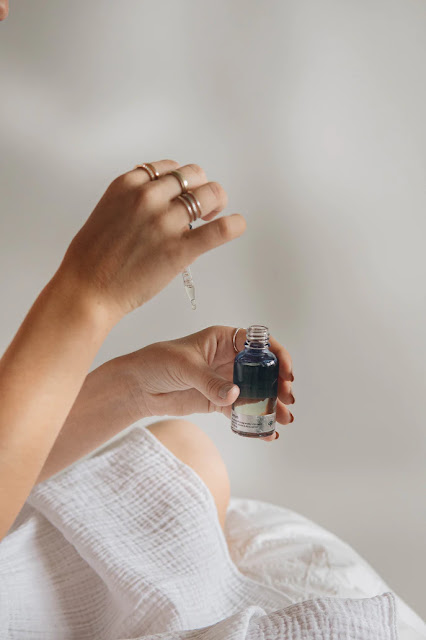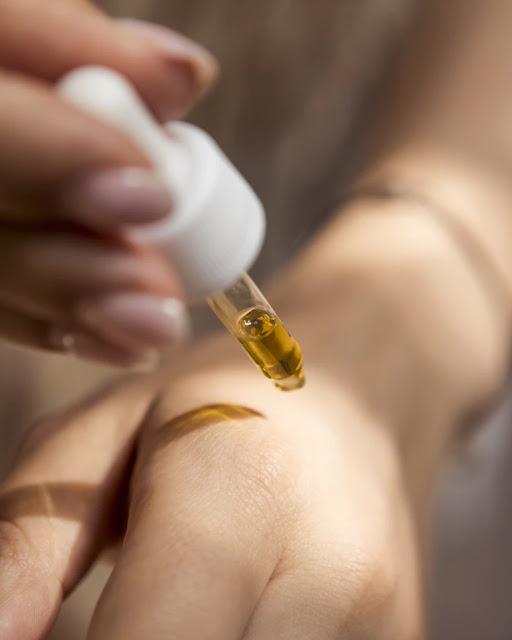Science now makes it easier to maintain a healthy complexion for life, from digital analysis to more targeted, effective treatments. Here are four ways technology is helping people improve their skin care.
1. Making Care More Personalised
Are those rough red skin patches related to your daily habits, or does a genetic disorder play a role? More than 1,000 genes influence your complexion’s overall health, with more than 300 disorders involving such a component. Chances are, you probably didn’t break out because you ate a chocolate bar.
Your dermatologist can analyse your epigenetics to determine how your habits influence your outside appearance in addition to genetic testing. Epigenetics deals with how your body expresses gene activity without changing your inherent DNA. For example, identical twins would probably look quite different if one trains like an athlete and monitors their diet, while the other rarely exercises and overindulges in fatty foods and alcoholic beverages.
Once you understand your genetic profile and how your daily habits influence your skin’s health, you can customize your routine. You can’t alter your DNA, but you can understand and better control the factors leading to breakouts and premature aging.
2. Minimizing Treatment Needs
How many steps do you take to get ready in the morning or wind down at night? According to some dermatologists, if you’re like many, you may use up to 10 to 12 different products — and do more harm than good. For example, you could strip your skin of oils and then pour on various lotions to rectify the imbalance, exposing your dermis and the environment to multiple chemicals.
Fortunately, technology can streamline your routine more than ever. There’s no need for a separate makeup remover and exfoliant when you can use an all-in-one product. A cleanser, moisturizer designed for your skin type and a tinted mineral-based sunscreen are all you need to look fabulous before heading out the door.
3. Helping Heal Acne Scars
Laser treatment for acne scars used to entail significant downtime. That put it out of reach of mere mortals who couldn’t afford two weeks or more to take off work and recover from a cosmetic procedure. Today’s technology improves skin care by getting you back to business within a day or two.
You have three basic choices for laser skin rejuvenation when removing acne scars:
● Ablative laser resurfacing: These procedures use a YAG or CO2 laser to remove the entire top layer of skin. This technique takes the most healing time, requiring three to 10 days before redness subsides, although not necessarily requiring missing work.
● Non-ablative laser resurfacing: These methods rely primarily on heat to stimulate collagen production and encourage new cell growth. There’s often minimal downtime, and you may return to work the same day.
● Fractionated laser treatment: This therapy stimulates the darkly pigmented cells beneath your skin’s top layer to make scars less visible. It works well for icepick and boxcar acne scars.
4. Healing From the Inside Out
Did you know that your diet can affect your complexion? While it’s unlikely you’ll break out from one bad meal, an ongoing disordered-eating pattern can age you. For example, yo-yo dieting — where you lose 50 or more pounds repeatedly — can affect elasticity and lead to premature wrinkles.
Additionally, undetected food allergies can worsen dermatology symptoms. Four of the most frequently seen issues occur from peanuts, wheat, cow’s milk, soy and shellfish. However, it’s possible to have rarer allergies, such as to oils like canola. Your best bet is to try an elimination diet to identify the culprit, following up with testing to confirm the diagnosis. Once you know what triggers flares, simply avoid eating that food.
Improve Skin Care Through Tech
Technology can make human lives easier. It can also improve your appearance.
Consider these four ways technology is helping people improve their skin care. Then, talk to your dermatologist about bettering your routine.
*Collaborative post



0 comments